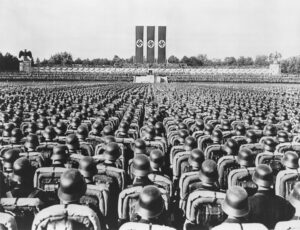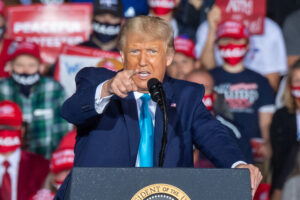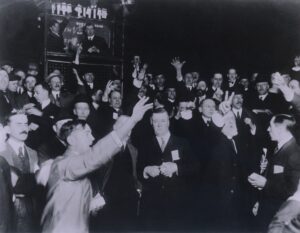
The Anti-Masonic Party would find support by the end of 1827 as they would sweep the New York, electing 15 members to the New York Legislature. By the time the 1832 presidential election rolled around, they would challenge Jackson’s affiliation with this brotherhood.
However, the man they chose as a presidential candidate to oppose this bastion of Freemasonry, would be the stern and religiously devoted Virginian politician and former attorney general, William Wirt. This decision would eventually spell the end for the party as Wirt had himself once been a Mason and had not denounced the fraternity or his previous involvement.
This hypocrisy would not be lost on the average voter, and although Wirt would receive support from Vermont and a spattering of Anti-Masonic counties across the country, his candidacy would fail.







